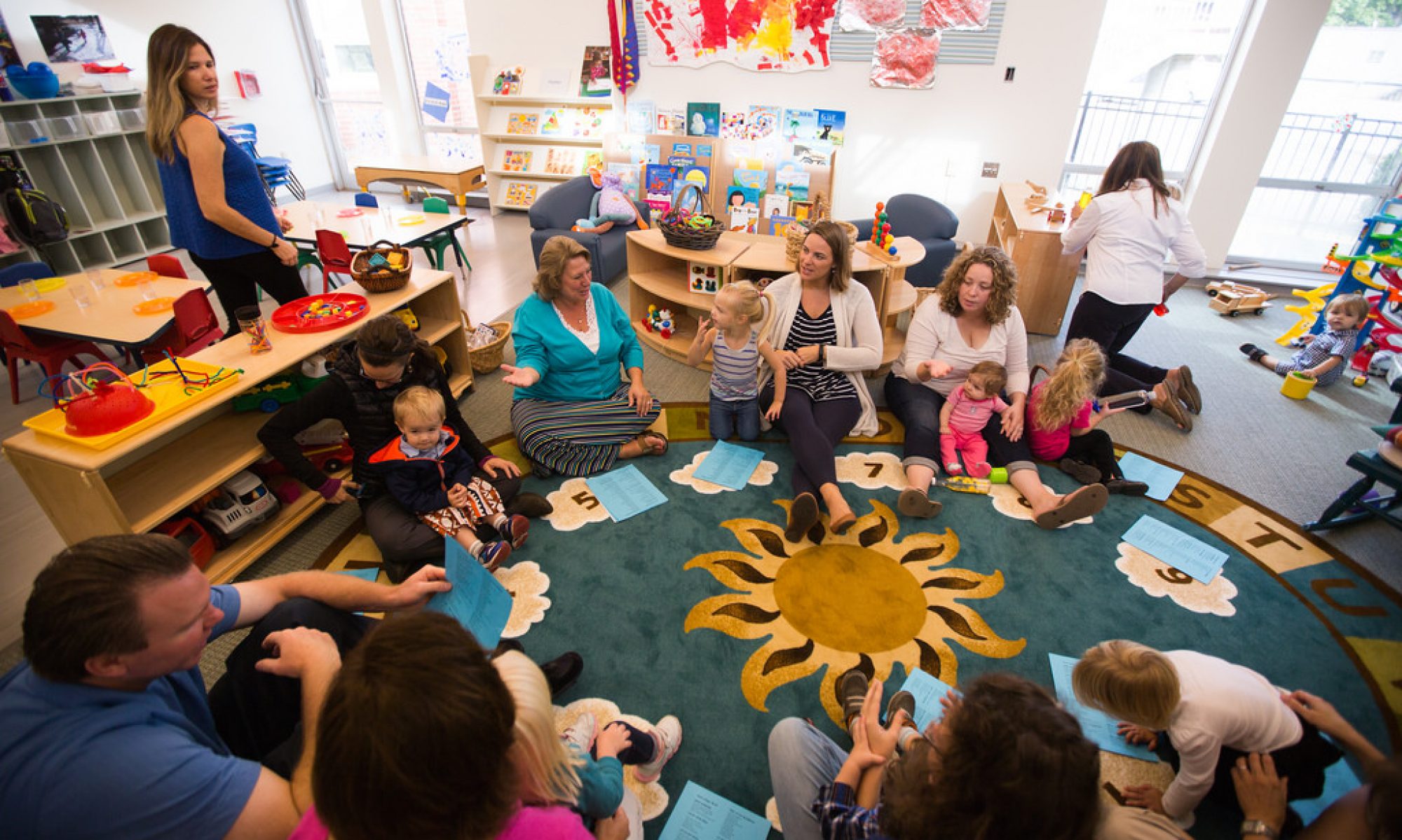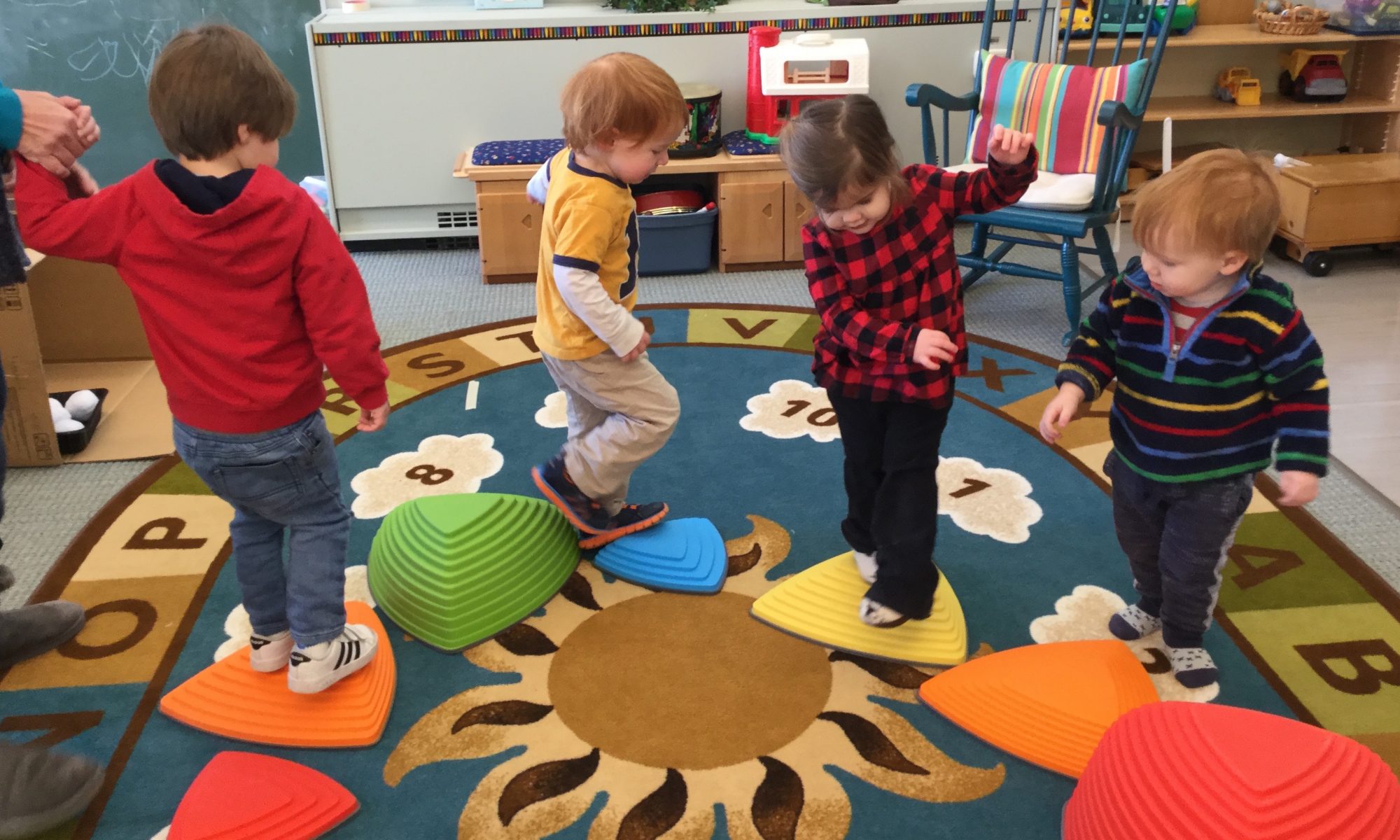By Dorothy Halverson
For many years, parents and teachers were cautioned by some experts not to let a child get frustrated when learning new tasks or skills. They feared that the child might exhibit stress, insecurity, and low self-esteem. More recently, however, many have come to feel that a certain amount of frustration is essential to healthy character formation and independent growth.
Mary Kimball Morgan, founder and first president of The Principia, understood the importance of training children to be independent thinkers, even though it may take some struggling along the way. She poses this question in Education at The Principia (p. 57): “Are we helping them to gain the stamina, perseverance, and courage necessary to cope successfully with [world] conditions? Or are we weakening their character through personal indulgence and unwise protection—doing their work for them or shielding them from the consequences of their willful mistakes?”
When observing children struggling through a task and even exhibiting some frustration with a challenge, some of us may feel we’re helping out when we step in, but in reality we may be interfering in the opportunity for growth. Instead, it’s important to stand back in a supportive but non-interfering way, and let the learning experience occur. This gives the child room to develop initiative, resourcefulness, and problem-solving skills.
How can we be supportive yet non-interfering? Dr. John Rosemond offers these suggestions in his book entitled Six-Point Plan for Raising Happy, Heathy Children (Andrews McNeel Publishing, 1989).
- Establish a relaxed environment where children can discover their own potential.
- Guide and model more than order.
- Be a consultant to your child’s growth and development.
- Allow children to make mistakes. Some of the most valuable lessons are learned through making mistakes.
In doing these things, we send messages of trust and personal worth to our children and allow them the freedom to discover their own capabilities.
Working in an early childhood environment, I observe on a daily basis children taking risks, trying new things, and yes, making many mistakes along the way. But, the children are lovingly supported and gently guided. I love to witness four- and five-year-olds persevere when learning to ride a bicycle. The children quickly learn that they need to be in control, both mentally and physically. Some children get very frustrated with this at times, but the teacher calmly talks each child through the steps, encouraging them to keep trying. Once they succeed, they feel such a sense of accomplishment and empowerment. Their confidence and self-esteem grow as they experience success by expressing persistence, patience, and perseverance.
These same qualities—patience, persistence, confidence, empowerment, and perseverance—are expressed each time children tackle a new skill, such as learning to walk, tying shoes, or zipping a coat. Before beginning to work on a certain task or skill, it is important to know whether the child is ready and capable developmentally. Also, children are much more willing to persevere when it is a skill they want to learn.
It can be helpful to break down larger tasks so that they experience successes along the way (i.e. starting the zipper or having your child work through the first steps of shoe tying while you make the loops.) Each success increases their confidence to cope with the next, slightly more difficult task. Offering guiding suggestions and letting them know that you are there if they need you can be comforting to children.
Remember not to do the task for them, but remind them that it is OK if they don’t succeed the first time. If you are patient and relaxed yourself and allow your child to work, he will be more apt to continue trying to successfully meet challenges.
As children learn to persevere, they discover their own abilities, become self-sufficient, creative, and resourceful; express confidence and courage; and learn to think independently. And as Mary Kimball Morgan states, “In childhood, it is very essential that right habits of thought become established—honesty, truthfulness, unselfishness, industry, thoroughness, perseverance, loving-kindness, and all noble qualities which make for Christian character” (Education at The Principia, p. 21).

